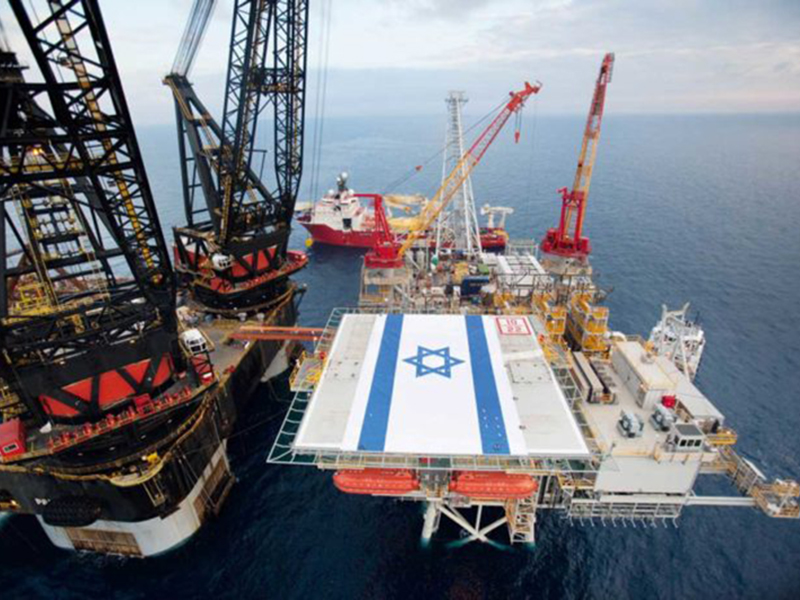Israel Gas Export Potential, Turkey And Regional Dynamics
Oğuzhan Akyener, Dr. Abdullah Altun
Since 1990s, the world starts to witness a new wave of globalization which we call global value chains revolution. From a different point of view, the name of this new wave of globalization is second great unbundling (Baldwin, 2007) representing the fragmentation of subphases of production across various geographies. Thus, both exports and final demands of nations start to include considerable amount of foreign value added. One of the most significant outcomes of this new wave of globalization is the rise of China. Now China is one of the most important actors in the global economy and in the global competition. According to projections such as PwC (2017) and OECD (2018), China’s economy probably surpasses the American economy before 2030. China is account for approximately half of all World patent applications in recent years and now leads the pack in many areas especially such as artificial intelligence (AI). Who really responsible for the rise of China is the Multinational Enterprises (MNEs) of developed nations, mainly from USA. Regarding the contemporary power balances of the global world, USA and China become two important poles of current global competition and conflict become much clear with the 2018 trade wars. The rise of the protectionist sentiments by increasing the tariff rates starts to threat the world trade.
The real starting point for the increasing protectionist sentiments and increasing self-sufficiency concerns is the 2007 global food crisis. Then the global economic crisis of 2008, trade wars since 2018 and Coronavirus outbreak since the early days of 2020 all have some similar impacts in terms of self-sufficiency concerns and the protectionist sentiments. Moreover, global container prices have increased approximately fivefold (see Figure 1) just for two years and other delays in transportation due to various reasons are also another source of increasing costs. As a result, there is a tendency towards shortening the length of value chains by focusing on more regional value chains instead of global ones. This increases the significance of regional cooperation.





